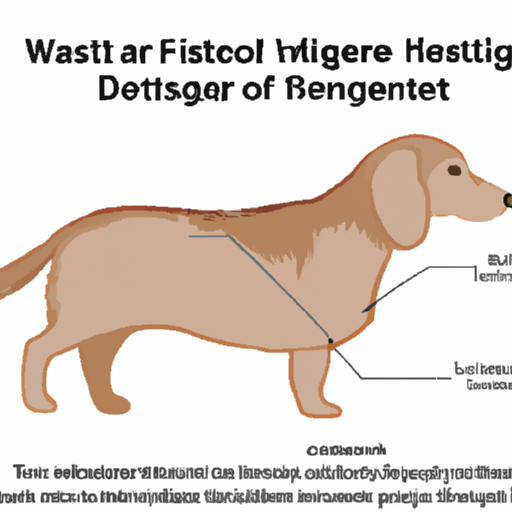Understanding Yeast Infections in Dogs
Yeast infections are unfortunately common amongst our canine companions, particularly in their ears. Yeast is a type of fungus that typically lives in dogs’ ears without causing any issues. However, when an imbalance occurs, this harmless passenger can turn into an opportunistic pathogen causing a yeast infection.
The Causes behind the Imbalance
Various factors could lead to this imbalance:
- Allergies: Dogs with allergies, either food or environmental, are more susceptible to yeast infections.
- Moisture: Yeast thrives in a humid and warm environment. Dogs that love swimming or have their ears cleaned frequently are at a higher risk.
- Underlying Illness: Conditions like hypothyroidism or autoimmune diseases can prompt yeast overgrowth.
Symptoms to Look Out For
Now that you know what might cause a yeast infection, it’s crucial to recognize the signs. Watch out for:
- Excessive scratching of the ears
- Redness and swelling
- Unusual odor
- Dark, yellow, or brown discharge
Preventing Yeast Infections in Your Dog’s Ears
Preventing yeast infections is easier than treating them. Here are some steps you can take:
- Regular ear inspections to catch any early signs of infection
- Keeping your dog’s ears dry, especially after bathing or swimming
- Feeding a balanced diet to support your dog’s immune system
Treating Yeast Infections in Dogs
If you notice the symptoms mentioned above, please consult a vet immediately. Treatment usually involves:
- Medicated ear drops to kill the yeast
- Special ear cleaners to prevent future infections
- Dietary changes if allergies are the underlying cause
Here’s a simple table to summarize:
| Actions | Purpose |
|---|---|
| Using Medicated Drops | Kill the existing yeast |
| Regular Ear Cleaning | Prevent future infections |
| Dietary Changes | Address underlying cause |
Frequently Asked Questions
Q: Can I use home remedies to treat my dog’s yeast infection?
A: While some home remedies can temporarily relieve symptoms, always consult a vet before starting any treatments.
Q: How long does it take for a yeast infection to clear up?
A: With proper treatment, most infections clear up within 1-2 weeks.
Q: Can I prevent my dog from getting yeast infections?
A: Yes, regular ear inspections, keeping ears dry, and feeding a balanced diet can help prevent yeast infections.
Remember, as a caregiver, you play a crucial role in your dog’s health. Stay vigilant for signs of yeast infections and don’t hesitate to contact your vet if you have any concerns.



